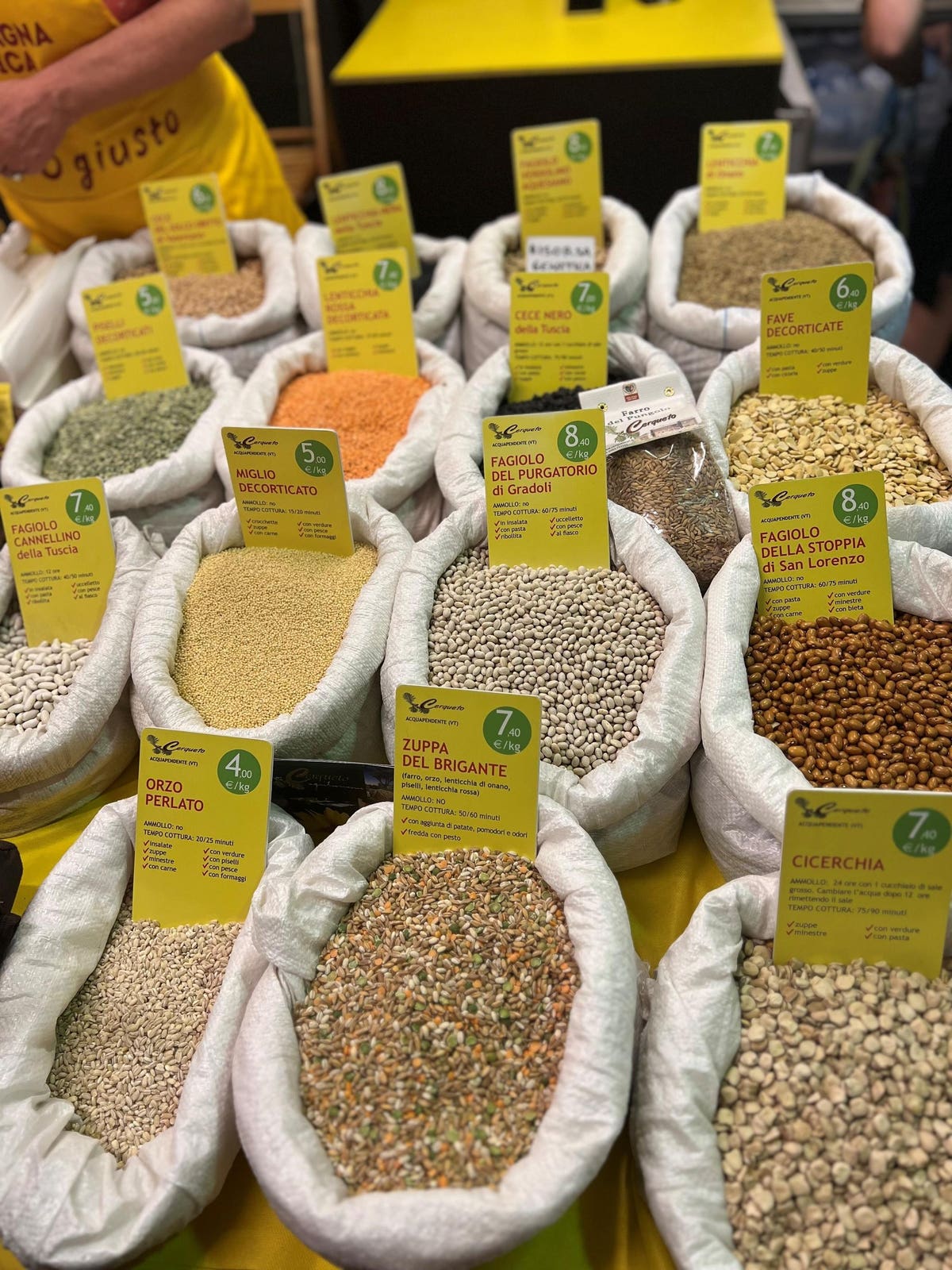There are times when the world’s nations pull together suddenly to set new goals and create institutions that advance shared peace and prosperity.
The brief burst after World War II was such a time, when in rapid succession the United Nations, the World Bank, the International Monetary Fund, and NATO were established.
Another such time came with the fall of the Berlin Wall, the Tiananmen Square protests, and the creation of the World Trade Organization, when democratization, freer trade, and freedom of expression advanced.
Such times ushered in more than restructured political institutions, reformed alliances, and repurposed budgets.
These were also eras when the social norms of large parts of the world—the attitudes and gradually the actions of large masses of people—were fundamentally changed.
Wars and conflicts pull in the opposite direction.
They exacerbate tribalism, unravel alliances, and diminish our sense of a rational, collective purpose. They starve people of dignity and, often, of the basic necessities of life.
Which type of era are we in now? An era of flying apart? Or an era of pulling together? It seems we may be poised between the two.
Russia’s Attack on Ukraine Is Harming Food Security
Russia’s decision to pull out of the Black Sea Grain Initiative and ramp up attacks on Odesa is a tragedy now cascading around the world.
Vladimir Putin has weaponized one of the world’s leading grain supplies — one that includes massive stocks of corn, wheat, and sunflower oil — by blockading Ukraine’s exports.
Some 350 million people in low- and middle-income nations now live in acute food insecurity, an increase of 70 million since the start of the war.
The interdependence of markets means supply lines are affected, which impinges on food security. Planning at all points of the market is disrupted, which creates price volatility and slows financing. Global inflation increases energy prices, making it harder for farms in middle- and low-income nations to increase production.
Nations such as Sudan have experienced simultaneous drops in bread consumption and wheat production because of rising input prices, according to a recent CGIAR study. UN Secretary-General Gutterres rightly calls this global predicament a “three-dimensional crisis.”
A Determined, Optimistic Vision for Food Security
A few weeks ago, I attended the UN Food Systems Stocktaking Moment conference in Italy, an event that will frame discussions at the UN General Assembly next month.
I had expected a sober tone. But the mood was more determined than despondent, more resolute than resigned. The aim was high, centered much more on the global mindset and norms of cooperation across the agricultural ecosystem than rattling the cup for more money.
UN Deputy-Secretary General Amina Mohammed set forth a compelling vision for reforming global agriculture in order to meet the Sustainable Development Goals.
She called for a rethink of how we integrate food policies and sustainability policies. She stressed the necessity of bringing together stakeholders from across civil society, especially women, the young, smallholder farmers, and indigenous peoples.
All this, she proposed, must have a foundation in nimble investment strategies: long-term, concessional finance and direct investment by the private sector, and budget support and debt-restructuring by governments.
Said Mohammed, “We might not be winning the game at half-time, but the final outcome is still within our control and this can be a winning team.”
The New Norm Is Continuity and Creativity
What Mohammed and so many of her colleagues know is that the long-term fight for food security cannot pause for war.
On so many fronts, there are relatively low-cost ways to increase efficiency, decrease hunger, create value for large producers and smallholders, and mitigate environmental damage.
Private companies, for example, have untapped capacity to use land more efficiently, reduce waste, and operate in ways that are more sensitive to ecosystems. But too often they lack nudges at the local level. Artificial intelligence programs, some of which could be open-sourced, hold leap-ahead potential for everything from precision fertilizing to inventory management.
In many nations, women are still denied the right to own property, manage property, manage their household finances, and receive training in agriculture. That is economic value near at hand.
We need not wait for governments or markets to move on these fronts. Establishing stronger expectations—norms—can deliver much-needed progress.
The Road Ahead
The world population is on track to total 9.7 billion by 2050 and could top 10 billion by the 2080s, which means we will need a massive, hard to fathom increase in agricultural production. But we can come together as a global community. We can use the new potential of soft power more effectively to bolster stability and prosperity.
The new norm should not be having just enough capacity to endure a food security crisis every generation. It should be a resilient mindset of creativity, continuity, and progress.
Read the full article here





